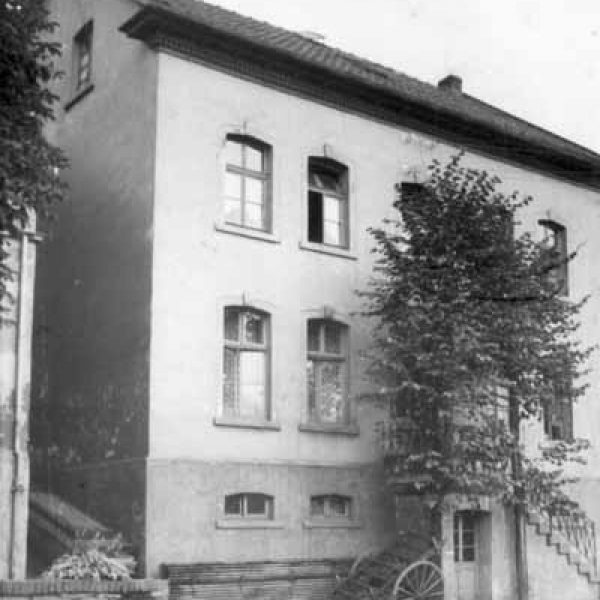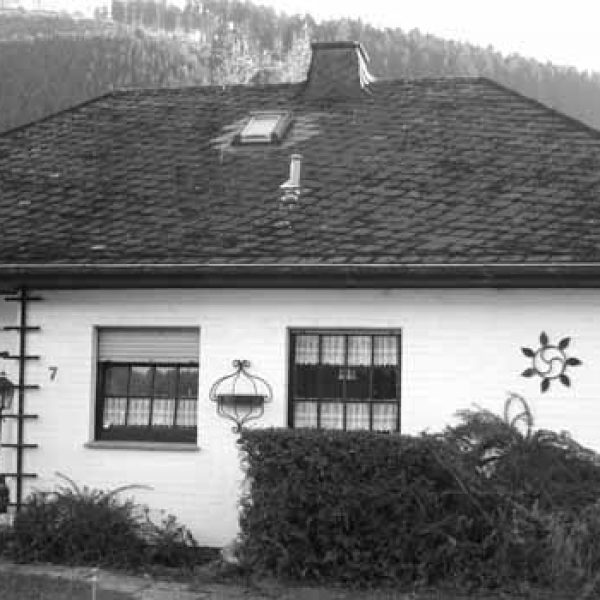Plettenberg


Carl Schmitt and Plettenberg
Carl Schmitt (1888 – 1985) was born and died in Plettenberg. Until the end of his schooling in 1907 and after his dismissal as a university lecturer in 1945 and from witness detention in the Nuremberg judicial prison in 1947, he lived in his hometown in the Sauerland, first in the house of his siblings, then in the quiet district of Pasel, i.e. for almost six decades. In the literature on Carl Schmitt, even the metaphor “System Plettenberg” has been used, which stands for a retreat of an important and effective scholar into private existence, who nevertheless exerted a constantly growing influence from this redoubt through visitors and correspondence.
This self-chosen small-town exile was all the better shielded, the less the immediate surroundings took notice of it. Not that Carl Schmitt was unknown in Plettenberg and his fame was not noticed within certain limits, but the controversial nature of his work in the Third Reich and the extensive isolation of his life from everyday urban events meant that official Plettenberg only honored the famous son within limits during his lifetime. On his 90th birthday, Carl Schmitt received the city’s ring of honor, which he was very happy about.
Carl Schmitt felt closely connected to the landscape of the Rhenish Slate Mountains and described it in essays and in his famous writing “Land and Sea”. During his studies and his work as a university professor, vacation stays in Plettenberg and its surroundings were the rule.
